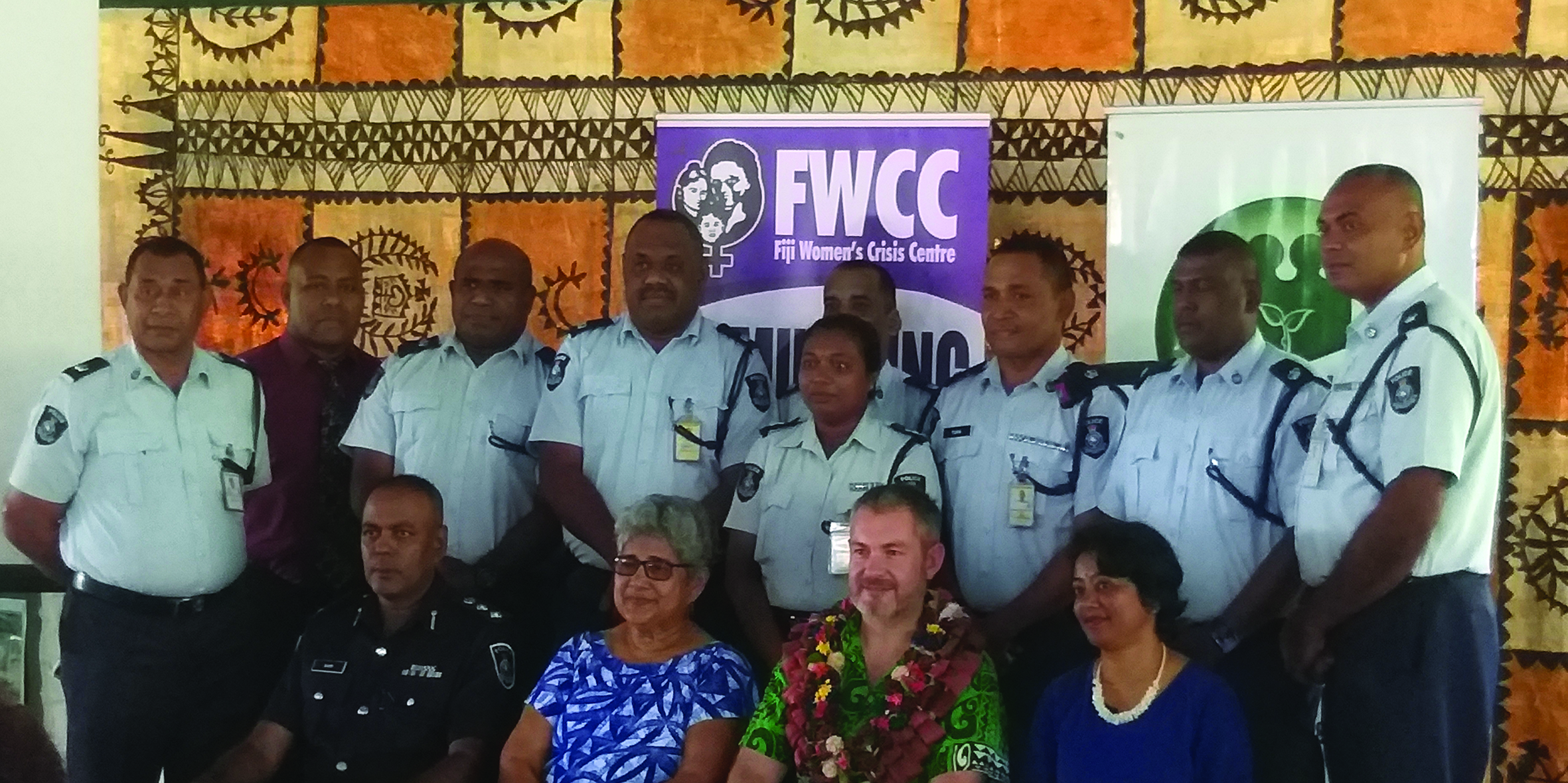November 2020
Creating Gender Equality And Awareness On Violence Against Women And Girls

Chief Guest, New Zealand High Commissioner in Fiji, Johnathan Curr says the Fiji Women Crisis Centre play a crucial role towards changing the mind-set and behaviour of perpetrators
The Foundation for Rural Integrated Enterprises & Development (FRIEND) in partnership with the Fiji Women’s Crisis Centre today met with community leaders to plan and develop a network of Advocates for the elimination of all forms of violence against women and girls in communities in the Western Division for the prevention and appropriate response for ending violence against women and girls.
In his opening remarks, New Zealand High Commissioner in Fiji, Johnathan Curr said despite global comprehensive measures, violence against women remains a concern that continues to escalate.
“There are at least 144 countries that have passed laws to protect this integral right against domestic violence and 154 have laws on sexual harassment, Fiji and New Zealand included.”
“This past April, New Zealand with six others led a joint statement signed by 146 UN member states calling for action to address the rise of gender based and domestic violence under COVID 19.”
“UNWomen recently released a report stating that around 87 000 women were intentionally killed in 2017 around the world. In Fiji, 8 women passed away last year as a result of violent acts.”
While encouraging community leaders in attendance to use their positions to positively change lives and make a difference, Johnathan Curr said: “I’m not alone in my belief that the elimination of gender based violence can only happen with the coordinated efforts at all levels. We must all be on board that violence against women is simply not acceptable.”
He said the Fiji Women’s Crisis Centre play a crucial role towards changing the mind-set and behaviour of perpetrators, and the social structures that allow violence to exist and permeate homes, families and communities.
“It’s now widely shared that over 60% of women in the Pacific islands have experienced violence in one form or another in their lifetime.”
The Fiji Women’s Crisis Centre this year received 751 domestic violence cases, 67 rape cases, 9 attempted rape cases, 42 child sexual abuse cases, 39 child physical/verbal/emotional abuse cases and 12 sexual harassment cases.
“Women in Fiji have reported that most of this violence takes place in the home,” said Shamima Ali, Coordinator of Fiji Women’s Crisis Centre.
“80% of women have witnesses some form of violence in the home; 66% of women have been physically abused by partners and nearly half repeatedly abused, while 26% of women have been beaten while pregnant.”
“While women in Fiji are at risk of violence perpetrated by husbands or intimate partners at any age, national prevalence data shows that younger women in Fiji aged 18-29 are at a much higher current risk of experiencing partner violence than older women.”
Shamima Ali recommended gender equality and awareness on violence against women and girls be included in the education curriculum in schools and in teacher training programs.
“Tackling violence towards boys and girls at home, at school and in all our social institutions and organisations is also important – to prevent young men from learning and repeating these damaging behaviours, and to help young women to understand that they don’t have to put up with this type of behaviour.”
Senior Superintendent Sami Surend, Divisional Police Commander Western also joined the forum to address questions from the audience.
